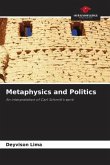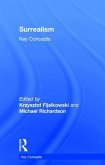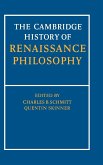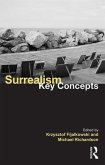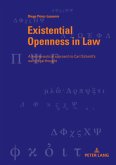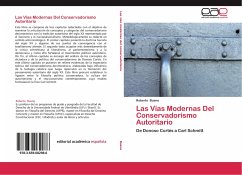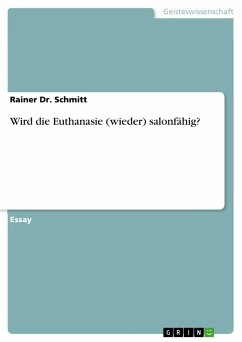Over the past years, Leo Strauss and Carl Schmitt
have become increasingly influential and
controversial in the field of political theory.
Scholars have hotly debated their political theories,
practices, and engagements with each other''s ideas.
This book provides a detailed account of the
thoughtful exchange between Strauss and Schmitt, an
account that should help reveal the nature of the
dialogue between the two men over what politics is
and clarify the peculiar features of their political
teachings. Understanding the dialogue as one between
a political realist and a political idealist, this
book contends that whereas Schmitt has in view the
distinction between real and unreal republics,
Strauss has in view the contrast between existing
imperfect political orders and the perfect political
order constituted in speech. The analysis should
especially be useful to specialists in the political
thought of the twentieth century as well as to
students interested in the tradition of political
philosophy in general.
have become increasingly influential and
controversial in the field of political theory.
Scholars have hotly debated their political theories,
practices, and engagements with each other''s ideas.
This book provides a detailed account of the
thoughtful exchange between Strauss and Schmitt, an
account that should help reveal the nature of the
dialogue between the two men over what politics is
and clarify the peculiar features of their political
teachings. Understanding the dialogue as one between
a political realist and a political idealist, this
book contends that whereas Schmitt has in view the
distinction between real and unreal republics,
Strauss has in view the contrast between existing
imperfect political orders and the perfect political
order constituted in speech. The analysis should
especially be useful to specialists in the political
thought of the twentieth century as well as to
students interested in the tradition of political
philosophy in general.


